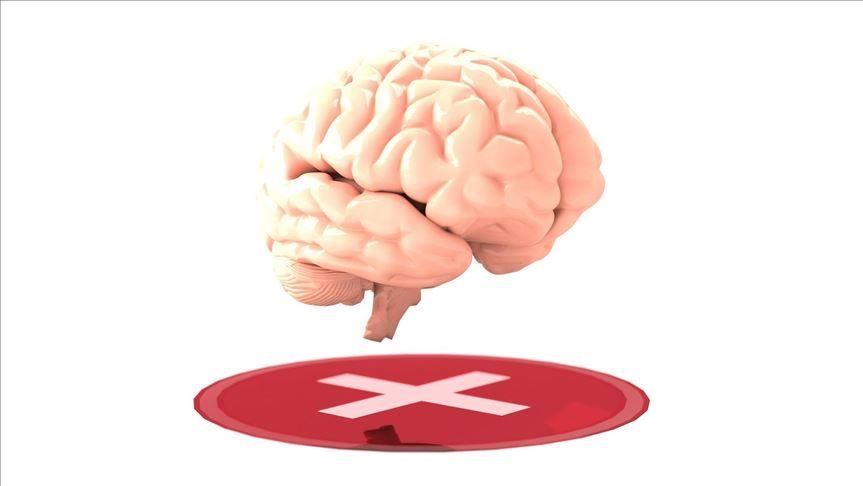Mental health patients struggling for support in South Sudan
‘I wish I had died. I felt useless, half-human, not important anymore,’ patient tells Anadolu Agency

JUBA, South Sudan
An untold number of South Sudanese are struggling with depression, anxiety, and other mental health problems caused by conflict and violence.
But they are not receiving the support they need, especially in rural areas.
The effect of the mental health treatment gap is all too evident. Years of violence and armed conflict have left thousands of young people battling serious conditions.
In rural communities, where few services exist and mental health is regularly attached to stigma, most suffer in silence.
South Sudanese soldier, who called himself Chol, said he lost his left leg during the war with Sudan and nobody is supporting him. He is not getting his salary from the army and has no means to get food nor medication.
“I wish I had died. I felt useless, half-human, and not important anymore. And nobody is supporting me. I cannot feed myself. I and my colleagues who are also wounded like me during the war are now the most useless people in South Sudan. Nobody is taking care of us,” Chol told Anadolu Agency.
He said it is not easy in South Sudan to survive or be recognized if one is abnormal.
Chol implored the government to take care of those with disabilities to avoid them from going crazy.
“As you have seen me now, I am like a mad man due to the disability I have. Nobody is taking care of me and I can’t do physical work to feed myself,” he said. “Life is not easy for me. Now, to avoid thinking too much about the issues facing me, I just decided to drink alcohol for 24 hours such that I will not be thinking about the situation I am in because the alcohol makes me drunk.”
Mayen Capiny suffered multiple fractures to his right arm and was shot in the most recent outbreak of violence in 2013. He said he has been going through a lot of difficulties since he was shot and nobody is taking care of him.
“Since I was shot, nobody has supported me, I had been in the hospital for almost two years until I decided to leave the hospital alone and go to beg from relatives and friends to help me with the treatment.”
A health official who did not want to be identified told Anadolu Agency that he has been receiving a lot of patients at hospitals and the Juba Teaching Hospital where he works is the only public medical facility that provides psychiatric care. The availability of psychotropic drugs is inconsistent and limited.
He said even where he works do not have enough beds to admit those who have mental health problems.
The support given to mental health patients is not enough and the number of people with mental health problems received every day is huge compared to the number of beds available, he lamented.
“We have less than a 20-bed ward and if they are full, others have to sleep on the ground or if a patient is not eligible to take a bed, the mentally ill are often detained in Juba’s Central Prison and others are transferred to prison from medical facilities or taken to the detention directly by family members,” said the official.
He said many people have mental health problems in South Sudan due to years of conflict and they are not able to do anything in the hospital since they usually depend on relief.
Attempts by Anadolu Agency to contact the head of mental health care in South Sudan, Dr. Atong Ayuel, for details on what is being done to help those with mental health problems have been met with silence.
According to South Sudan Medical Journal, the country has one of the largest mental health gaps in the world. The World Health Organization estimates that during humanitarian emergencies, rates of mental disorders can increase 4% for severe conditions and up to 20% for mild to moderate disorders requiring care and support. According to South Sudan Health Cluster projections, 5.1 million people are affected by the ongoing humanitarian emergency in the country.
That amounts to an estimated 204,000 people with severe and 1,020,000 people with mild to moderate mental health conditions in South Sudan.
It could be imputed to conditions resulting from the humanitarian situation. In contrast, current humanitarian efforts by various partners are reaching less than 10,000 people annually (1%). Therefore, the estimated mental health treatment gap among the population of humanitarian concern is a staggering 99%.
Anadolu Agency website contains only a portion of the news stories offered to subscribers in the AA News Broadcasting System (HAS), and in summarized form. Please contact us for subscription options.







